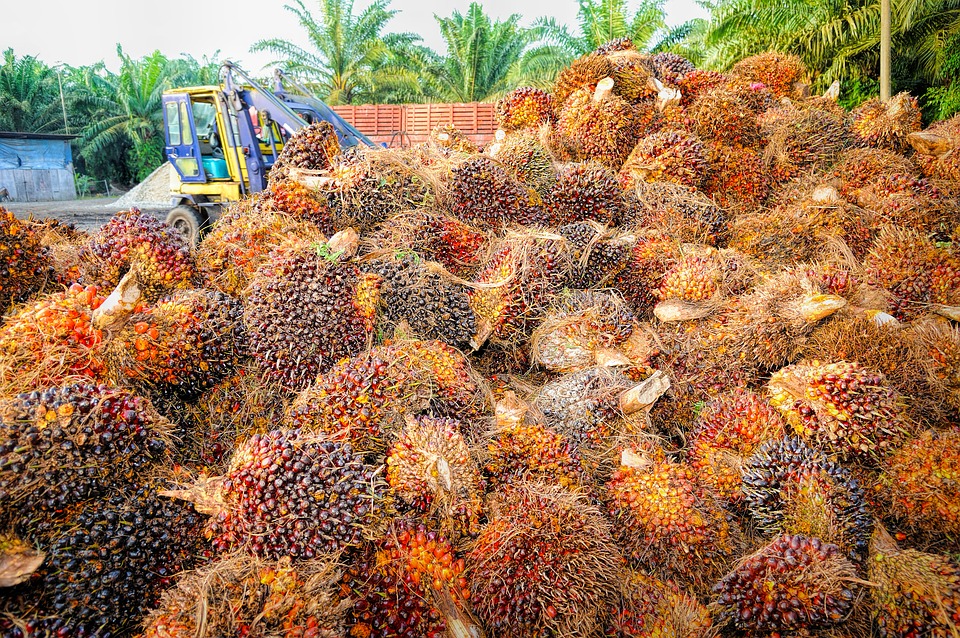Malaysia's Sime Darby seeks detail after palm oil ban request
Malaysia's Sime Darby Plantation has asked Liberty Shared for more information, it said on Friday, after the activist group made labour abuse allegations in a petition to the United States urging it to ban imports of Sime Darby palm oil. The Hong Kong-based anti-trafficking group said this week it had asked the U.S. Customs and Borders Protection to block Sime Darby's products after finding the presence of forced and child labour on their estates.

- Country:
- Malaysia
Malaysia's Sime Darby Plantation has asked Liberty Shared for more information, it said on Friday after the activist group made labor abuse allegations in a petition to the United States urging it to ban imports of Sime Darby palm oil.
The Hong Kong-based anti-trafficking group said this week it had asked the U.S. Customs and Borders Protection to block Sime Darby's products after finding the presence of forced and child labor on their estates. Sime Darby said it has asked Liberty Shared for further information on the "breaches and serious allegations" in the petition.
"Any non-compliance to our commitments (to uphold human rights) will be addressed swiftly and firmly after thorough investigations are concluded," it said in a statement on Friday. Sime Darby, the world's largest producer of certified sustainable palm oil, estimates its exports to the United States at $3 million annually.
The allegations could hurt Malaysia's efforts to brand its palm products as sustainable as anti-palm oil sentiment increases internationally. The petition against Sime Darby follows two similar petitions against Malaysia's FGV Holdings, the world's biggest crude palm oil producer, last year.
Malaysia is the world's second-largest producer and exporter of the cheap edible oil found in everything from chocolate to lipstick. It has in recent years battled criticisms of rampant clearing of tropical forests for new plantations and poor treatment of workers.
Around 84% of palm plantation workers in Malaysia, or around 337,000 workers, are migrants from countries including Indonesia, India, and Bangladesh.
(This story has not been edited by Devdiscourse staff and is auto-generated from a syndicated feed.)
- READ MORE ON:
- Malaysia
- United States
- Hong Kong
- Bangladesh
- India
- Indonesia
- COVID-19
ALSO READ
Hong Kong holds Rugby Sevens as international visitors return
Hong Kong stocks retreat as geopolitical worries weigh
SC dismisses plea to transport mortal remains of Sufi saint from Bangladesh to India
SC rejects plea for bringing mortal remains of India-born Pak Sufi saint from Bangladesh
Indian Coast Guard rescues 27 Bangladeshi fishermen










